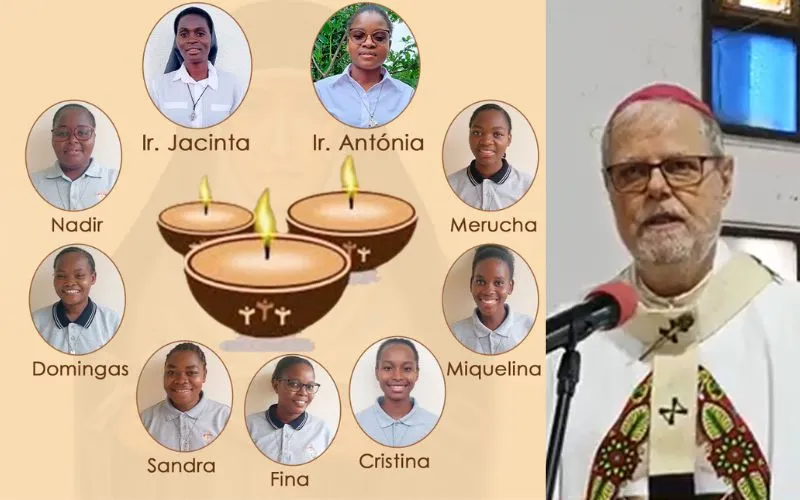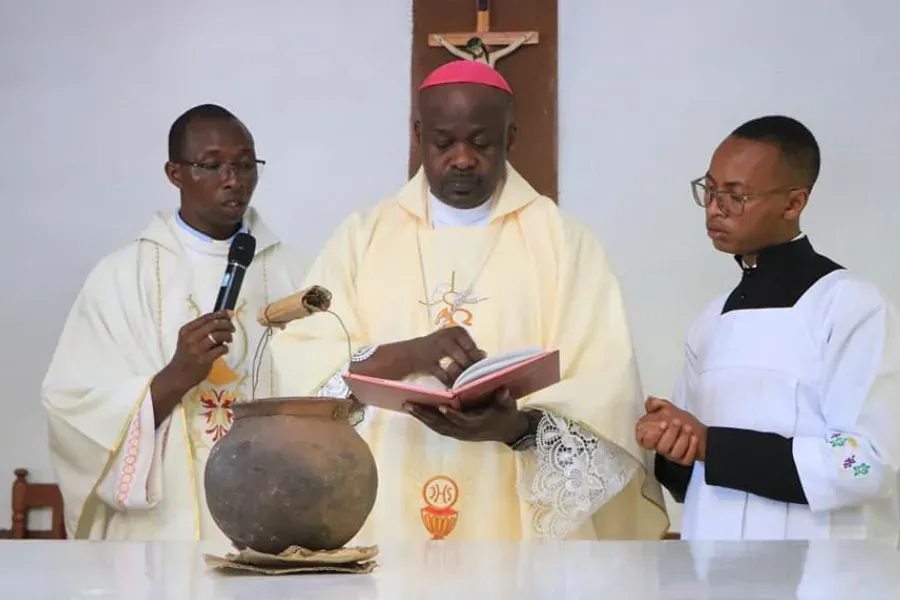Beira, 09 February, 2025 / 9:48 pm (ACI Africa).
Members of the Congregation of the Franciscan Missionary Sisters of the Mother of the Divine Shepherd (FMMDP), who made their First and Perpetual Professions at Our Lady of Fatima Parish of the Catholic Archdiocese of Beira in Mozambique are signs of hope, Archbishop Claudio Dalla Zuanna has said.
In his homily during the Sunday, February 9 First Profession of six FMMDP members and the Perpetual Profession of their three counterparts, Archbishop Zuanna described the celebration as significance, taking place in the context of the Catholic Church’s 2025 Jubilee Year.
“We are called to be pilgrims of hope. The journey of pilgrims sometimes encounters difficulties, but hope gives them strength to move forward,” Archbishop Zuanna said referring to the theme of the 2025 Jubilee Year.
He told the FMMDP making their Religious Profession that they are “a sign of hope for us, for the Church; and through your gesture, through your Consecration, you bring us hope, strengthen us, and nourish our hope.”
The Local Ordinary of Beira noted that the Consecrated make a solemn commitment to God; they are set apart as they dedicate their lives entirely to the service of God and the community.





